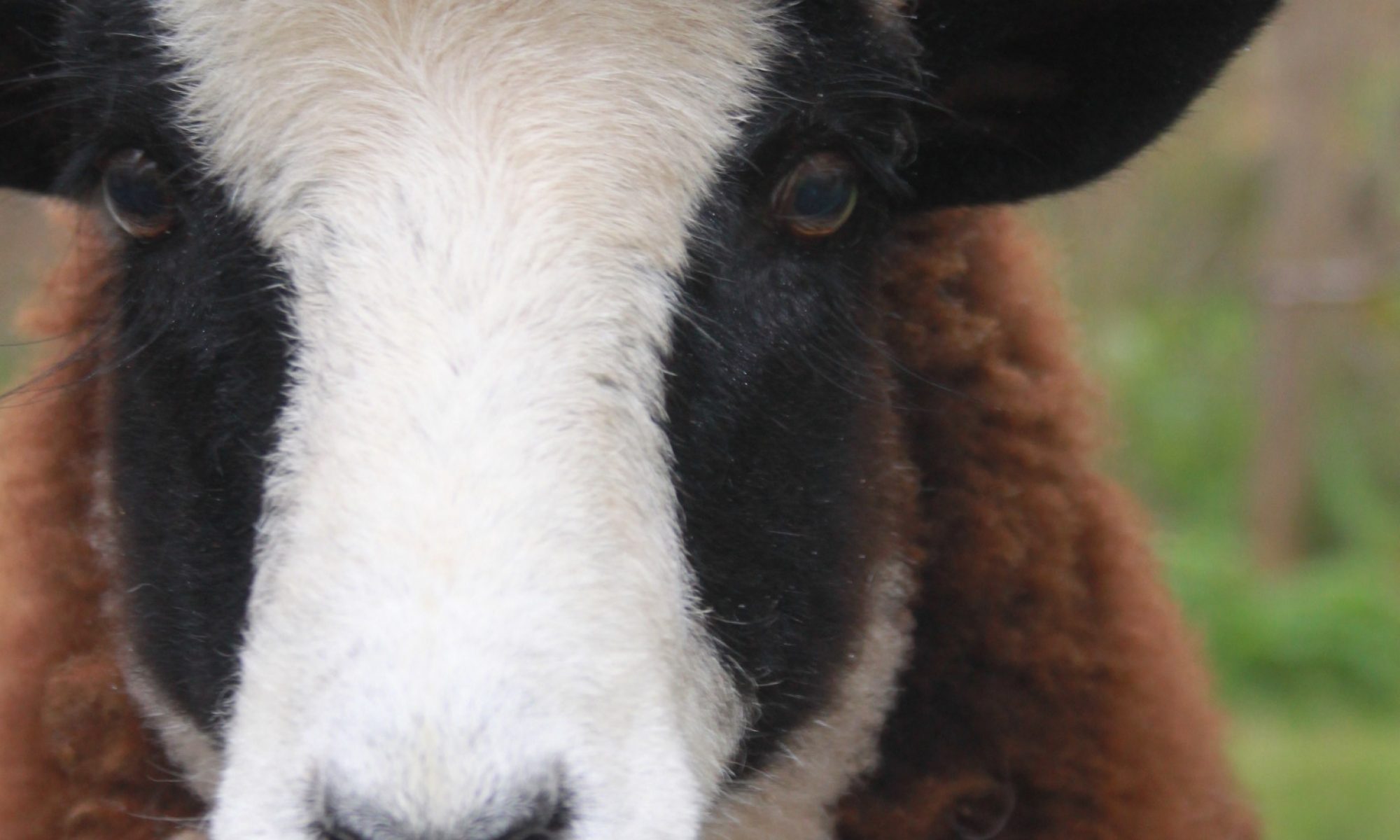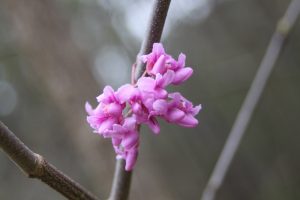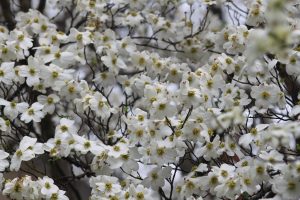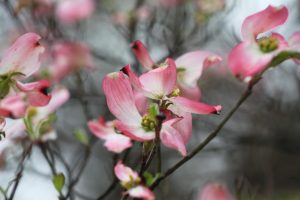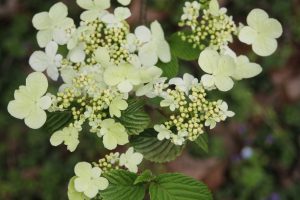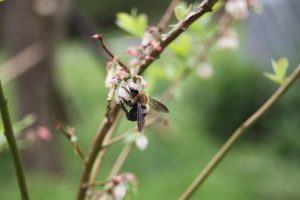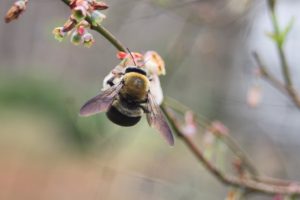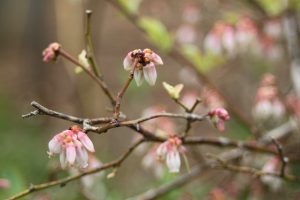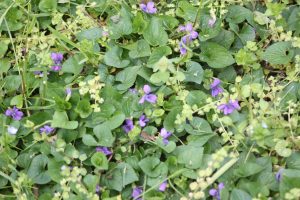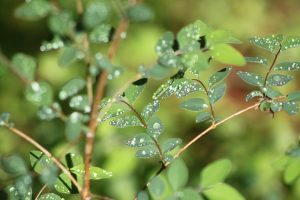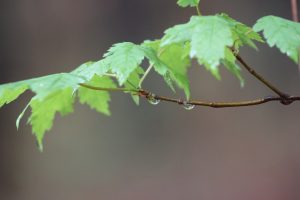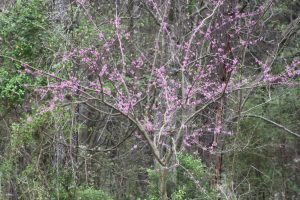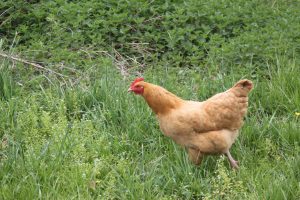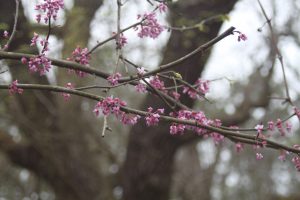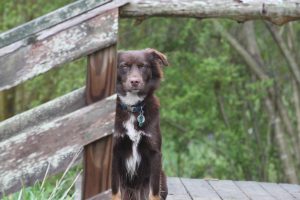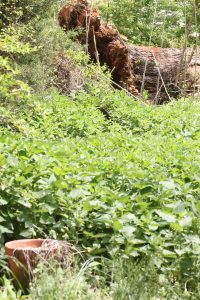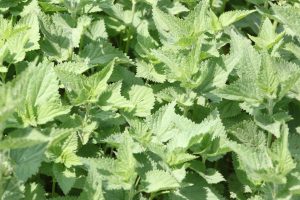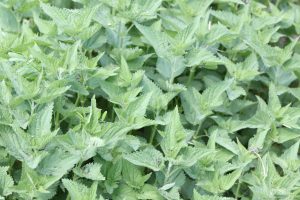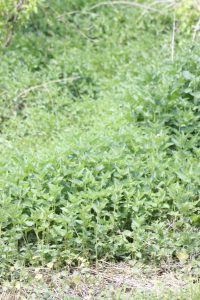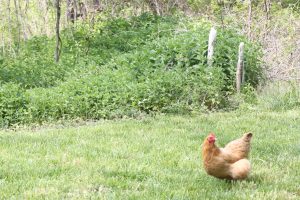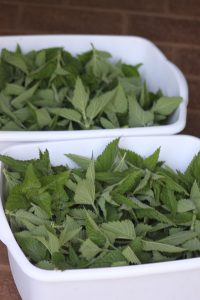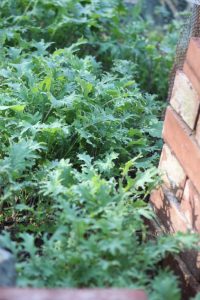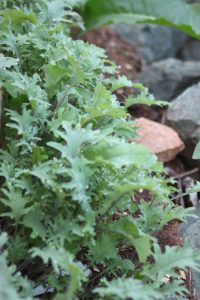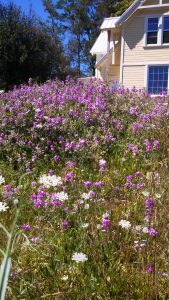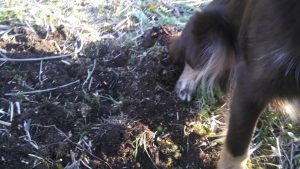Next time I’m in Norwood, visiting the Fork, I am going to try and stop by Lazy Heron Farm. How dreamy.
What does it mean to live lightly on the land?
I do not like work, for work’s sake. I think manicured landscapes in suburban cul-de-sacs tend toward the ego, and therefore away from honoring the whole, allowing the essence to grow up. Mostly the ornamentals provide little nourishment for biodiversity.
On the other hand, when everything becomes so overgrown that it goes to seed, nothing can thrive because everyone vies for the available resources. The strong (resilient, invasive, adaptive, common) out compete the sensitive, tender/rare/beautiful/endangered/historic for sun or water or pollinators.
When we do not work at all in the space we call home, the place grows over until there is no space carved out for a lovely life for ourselves.
The farm sits in the interface between the natural world and the human expression. The farm is how the human works in relationship with the surrounding ecosystem, and the farm gives back. The farm creates habitat for wildlife, and provides home for humans, too.
This truth brings up back to our own homes and habits, wherever we live.
When I ignore the laundry, or paperwork, my place becomes a mess, populated by those unruly ‘inhabitants’ (biological or otherwise) allowed to run ragged over that which would provide succor, nourishment, and peace to the soul. A pile of dirty clothes wreaks havoc on my sense of peace, and place.
So, although I do love turning to a forest or field for food, and fear the drudgery of endless, backbreaking hoeing or weeding, I see the need for balance. One must use energy to continually carve out a place of order so that which brings calm and structure can still breathe, drink, photosynthesize, create food, regenerate and propagate the rare, beautiful and health-giving ones.
I long for a farm, and I long to be.
A human, Be-ing.
Longing.
Belonging.
